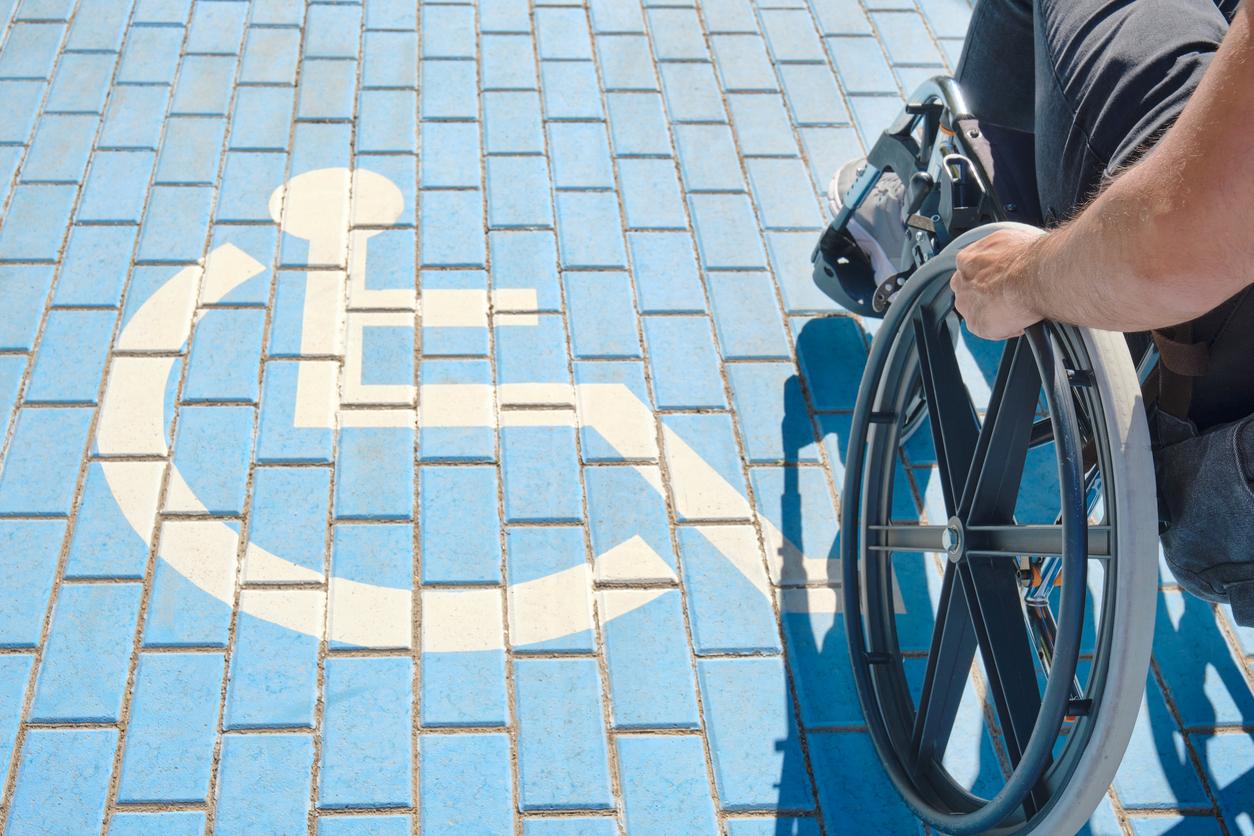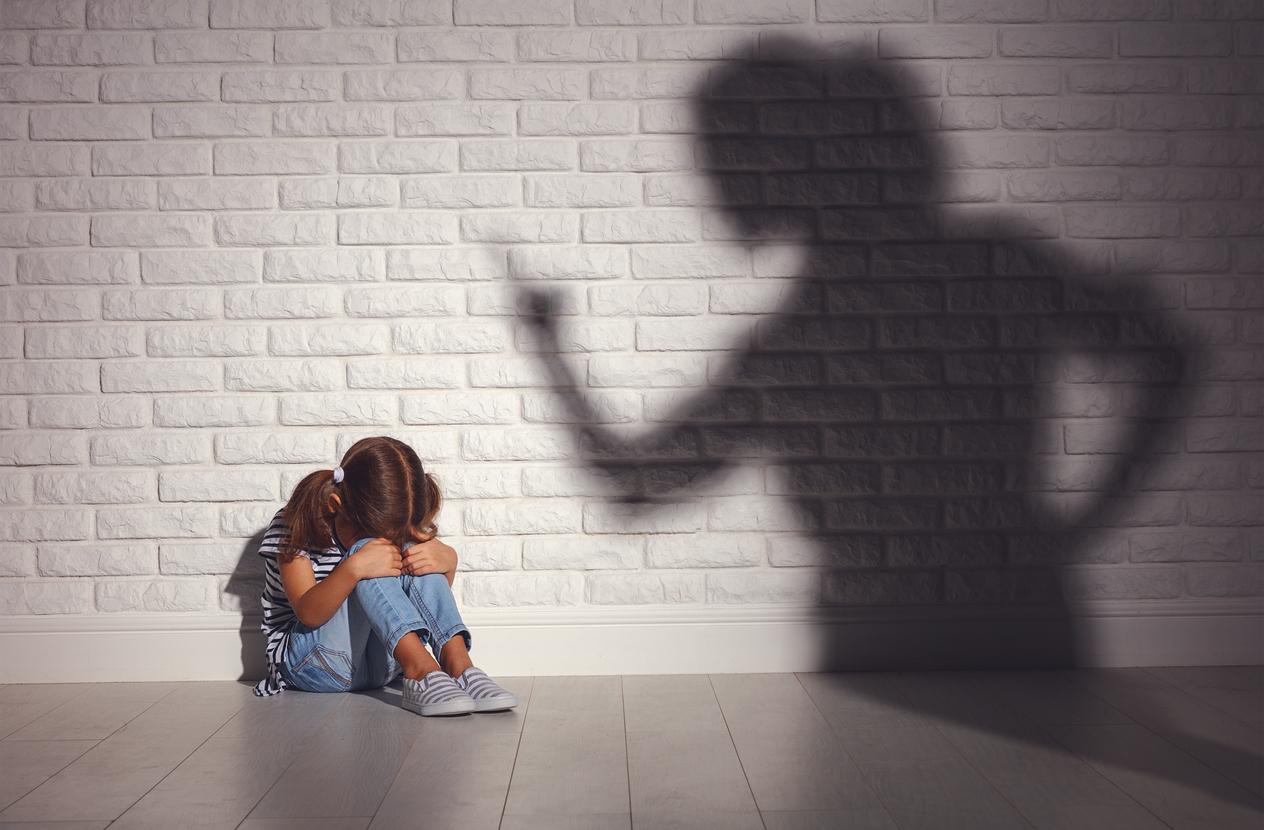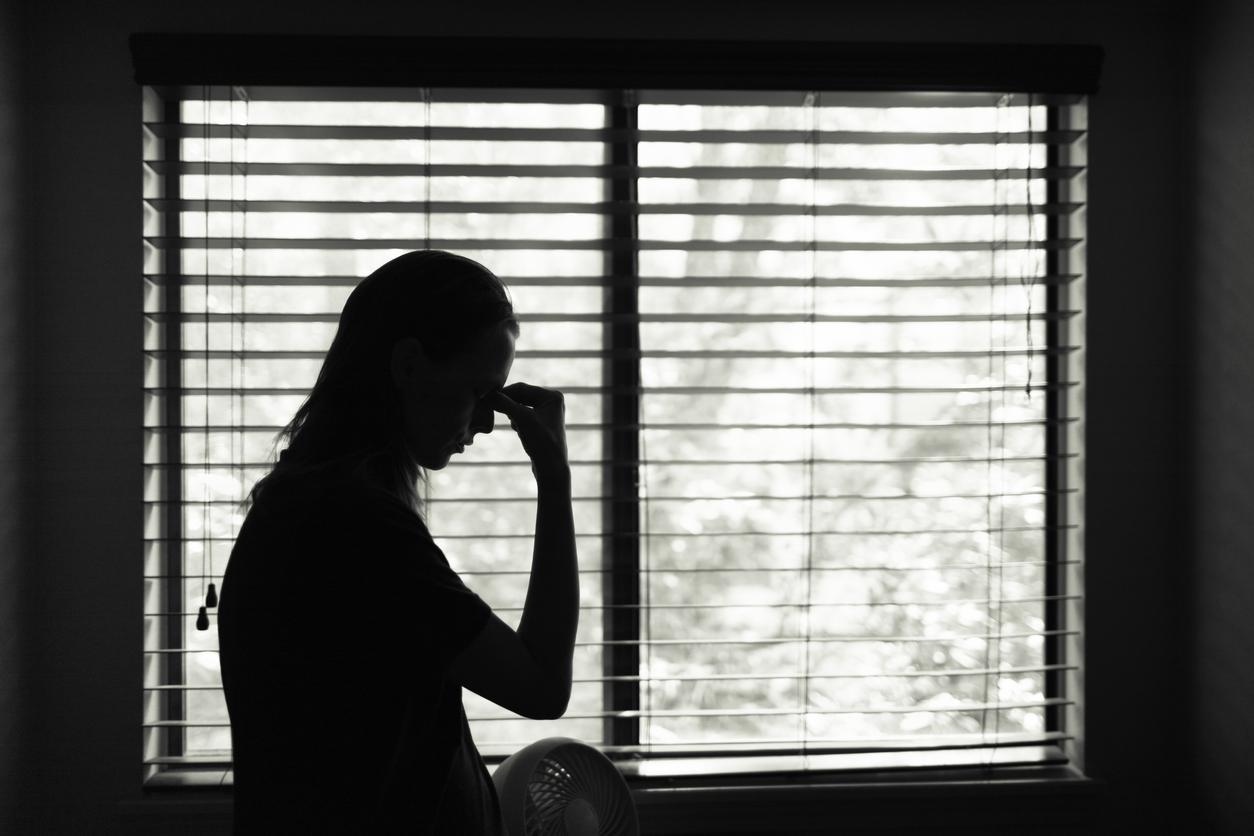During the year 2019, in France, 150 women were killed by their spouse or their ex-companion. Figures that have probably increased in 2020, in particular due to containment and the economic crisis.
The cliché of domestic violence (a woman with a swollen face beaten by her husband) is often far from the truth. Because domestic violence has several faces:
– Physical violence: a slap, a blow, an attempted strangulation, a voluntary burn, being pushed against a piece of furniture or a wall, having your hair pulled …,
– Sexual violence: unwanted touching, rape (non-consented penetration) – because rape in the context of married life is possible,
– Economic violence: deprivation of financial resources (confiscation of the bank card, etc.), continued dependence (obligation to request authorization before buying something, etc.).
To know. In French law, we speak of “conjugal violence” when the facts take place between two people (who can be a man and a woman, or two men, or two women) who are in a “sentimental relationship”: married, civil union , simply partners, living together or not …
Am I a victim of domestic violence?
In 2018, the association En avant tous (in collaboration with the Seine-Saint-Denis observatory of violence against women and the City of Paris) proposed a “violentometer“: this tool allows you to identify the signs of violence in a couple relationship.
There is thus violence in the couple when:
– One of the two partners ignores the other for days because he is angry,
– One of the two partners blackmail the other to force him to do something (to have sex, for example),
– One of the two partners belittles the opinions and plans of the other (“you’ll never get there”, “it’s a rotten idea”, “it’s ridiculous”, “it makes no sense” , “it shows that you are not mature” …),
– One of the two partners makes fun of the other in public (“look how bad she is!”, “She never does it, anyway”, “she’s not smart enough for that!”, “don’t you think she has put on weight?”),
– One of the two partners shows extreme jealousy (he demands to read texts and emails, he has fits when the other is late for a date, he develops unlikely scenarios where his / his partner is cheating on him, he is suspicious of all his / her partner’s contacts …),
– One of the two partners controls the outings, clothes, makeup, dating … of the other,
– One of the two partners searches through e-mails, texts, private messages … of the other without his consent,
– One of the two partners demands from the other that he / she send him / her intimate photos,
– One of the two partners prevents the other from seeing his friends and / or his family (“they don’t like me, we are not going to see them”, “they are not good for you”, “I prefer that you stay with me”…).
There is an emergency when:
– One of the two partners questions the other’s mental health when he / she blames him / her (“you’re crazy!”, “You blew a lead”, “you have to shut yourself up!”) ,
– One of the two partners throws tantrums when something displeases him,
– One of the two partners shows physical violence towards the other (slaps, blows, bites …),
– One of the two partners touches the private parts of the other without his consent,
– One of the two partners threatens the other to disseminate intimate photos / videos,
– One of the two partners forces the other to have sex or to watch pornographic content (by blackmail, threats, physical force, mockery …).
I am a victim of domestic violence: how to react?
If the situation is urgent (threats, beatings, forcible confinement …), the best solution is to call the police (17 or 112). If you can’t speak (at the risk of alerting your attacker, for example), text 114. These numbers are free. If you need medical attention, it is best to call the Samu (15).
The police are also reachable by instant messaging.
If the situation is not urgent but that you are the victim of domestic violence, do not hesitate to talk about it to those around you and / or to people you trust (a doctor, a social worker from the town hall or the general council …) to specialized associations in the fight against violence, to the police or gendarmerie, to a lawyer, to a municipal councilor …
Some useful resources. The 3919 is a listening number, without judgment, to receive advice and information in the event of domestic violence. It is anonymous and does not appear on the phone bill. Family planning can also be valuable: addresses here.
Finally, the official website “Stop the violence“offers information, contact details for local and national associations, and even to report violence online.
I am a witness of domestic violence: what can I do?
There is no question of standing idly by in front of a person (woman or man) victim of domestic violence. Asked this Wednesday, November 25, 2020 by our colleagues from RTL, Élisabeth Moreno, Minister for Gender Equality, Diversity and Equal Opportunities, affirmed that “everyone can intervene! Anyone can denounce this violence, everyone can feel responsible for the violence! Violence kills every day, it hurts every day, all this must stop.“
Concretely, what to do when you witness domestic violence? First thing to do: let the victim of domestic violence understand that you are aware of their situation. Act with discretion: visit her when her executioner is away, invite her for a coffee, call her when she is alone, accompany her to the supermarket, to the nursery …
Deuzio, listen to the person. Avoid direct, potentially embarrassing questions (“is he hitting you?”, “Are you being abused?”) And favor open-ended questions (“how are you at home?”, “How are you at home?” you feel ?”). Also avoid giving your opinion and do not share your personal experiences. Show compassion and offer your support: “if you need me, here is my number”, “would you like me to come visit you on the weekend?” …
Warning ! Domestic violence frequently causes shame and guilt: the victim thinks that she is responsible for the situation, that she “deserved” the treatment inflicted on her, that “it is normal” … If she does not wish to act against her executioner or to flee, respect her choice. However, in an emergency (screams, noises of struggle, traces of violence on the body of the victim …), it is always essential to contact the police (17 or 112).
If the victim of domestic violence wants to take action, you can offer them the resources mentioned above. If she does not have internet (or not freely), do not hesitate to print documents for her. Go with her to the police station, stay with her when she phones associations, support her morally.
To know. In case of doubt (“I do not know what to do”, “I do not know if it is really domestic violence” …), it is also possible to call 3919 as a witness, just to obtain information. information. And the official “Stop the Violence” website is also aimed at witnesses.
Sources:
Ministry responsible for equality between women and men
On video :
Since October 30, there have been 15% more reports of domestic violence. Interview with Aurélie Garnier-Brin, from the association En Avant All (s).
Read also :
In 2017, 219,000 women in France were victims of violence
Urban violence: women in large cities are the most affected
Gynecological and obstetrical violence: an official report sounds the alarm


















